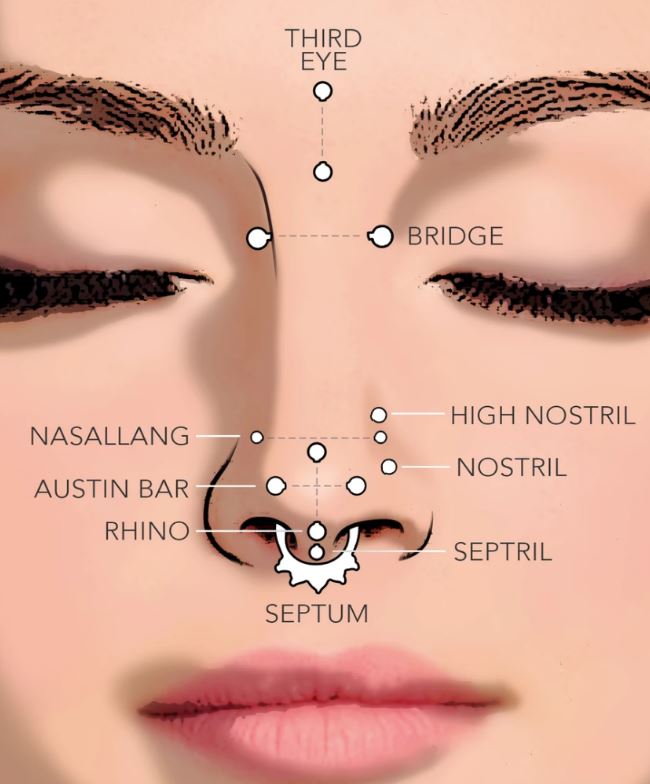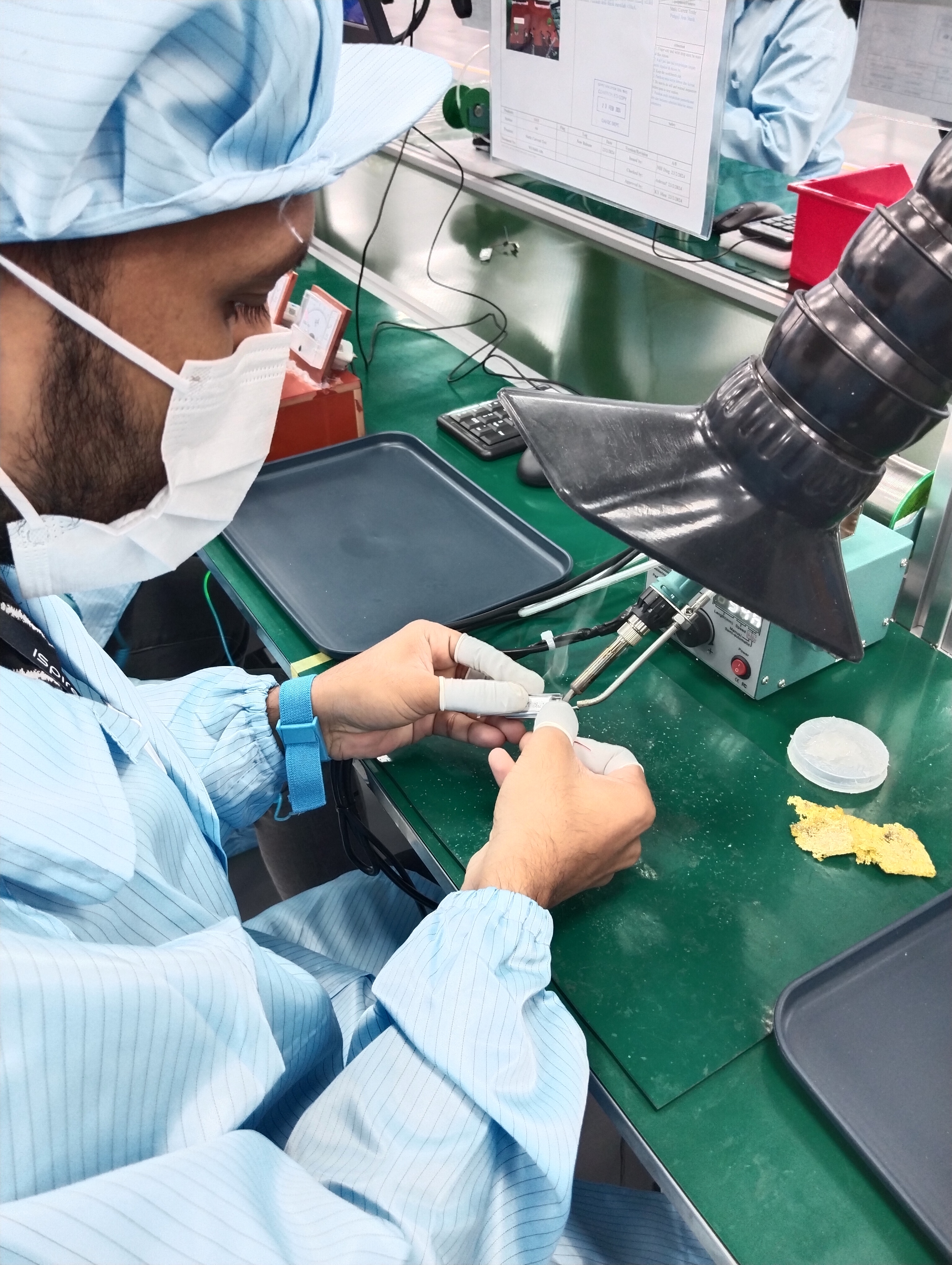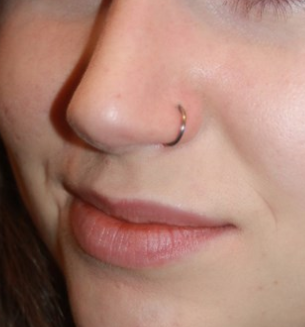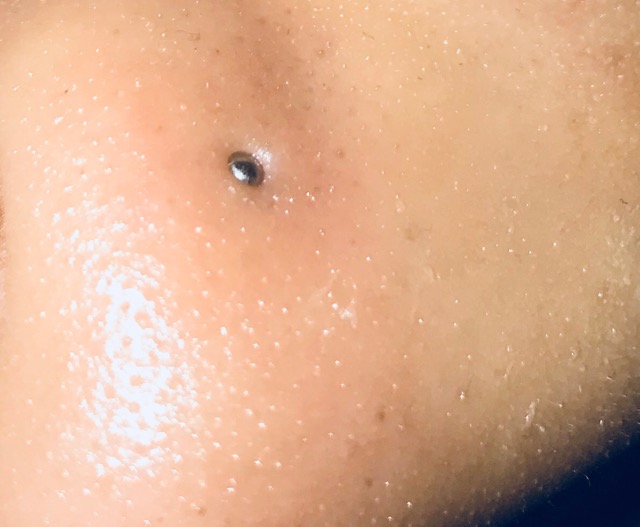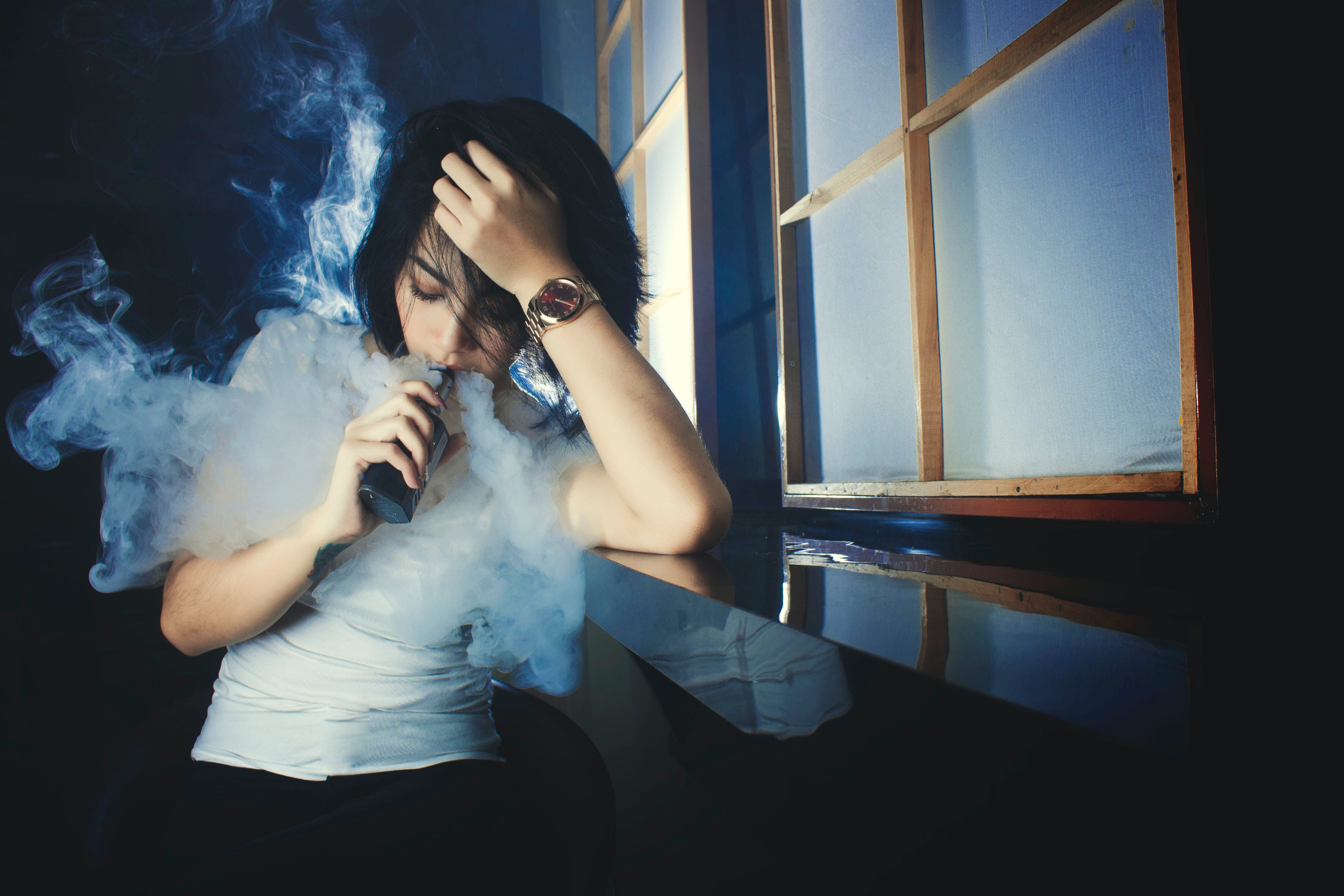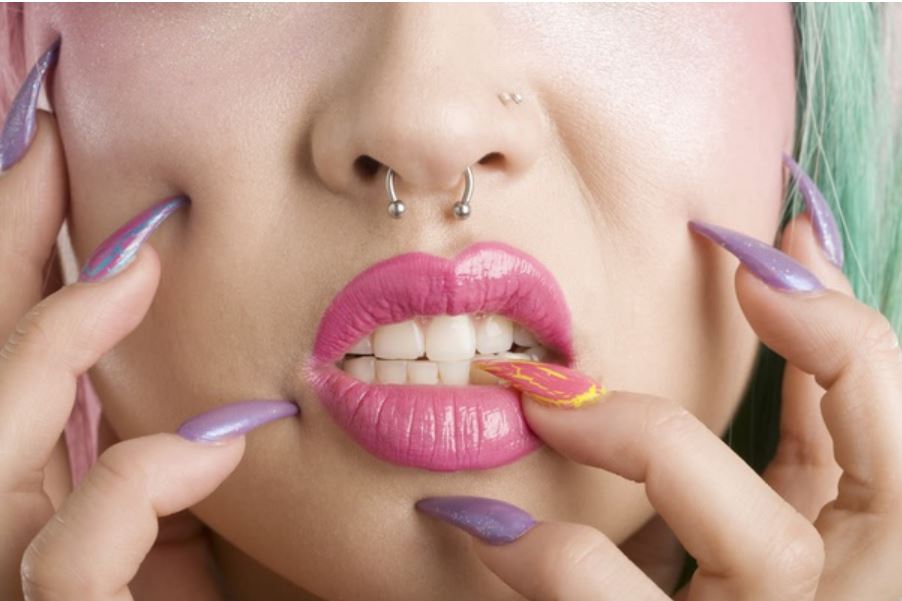Sponsor Ads
Non-China Vape, 510 Cartridges & Battery Device Maker
If you are going for a vape manufacturer out of China we are you best choice. We offer a alternative vape production location with a very competitive price. You can save money by buying directly from us the manufacturer, without any middlemen or extra fees. You can also enjoy discounts for bulk orders and special offers for long term & loyal customers.
We offer small trial orders where you can test the quality and performance of the products before placing a large order. Fast shipping and cheaper shipping cost from Malaysia and Singapore ports. You don't have to wait long to receive your products.
Contact Us!
Contribute for our website Maintenance! We want to keep it free for all visitors.
Trending Best Sellers
Nose Piercing Signs of Infection
Trending Best Sellers
The Nose Piercing Signs of Infection should resemble those of any other body piercing infection. You should anticipate some redness and pain in the area as your piercing goes through the initial phases of healing, which typically take two to four weeks.
However, you should be cautious if you detect redness that is followed by swelling and perhaps even pus leakage. When you touch the skin, it will be extremely sensitive and may even bleed. The good news is that nose piercing infection care is quite straightforward, and you can start infection treatment on your own. However, if it persists for more than a week, you should consult a doctor.
Some Nose Piercing Signs of Infection are:
More pain than usual or intense pain or throbbing
Swelling or redness around the piercing site
Abnormal odor coming from the piercing site
Pus oozing from the piercing site (white pus may indicate a mild infection, while green or yellow pus may indicate a more serious infection)
Burning sensations or blistering feelings around the piercing
If you notice any of these signs, you should see a doctor as soon as possible to get proper treatment and prevent complications.
How To Avoid an Infected Piercing
The majority of infections occur in the initial weeks or months following a piercing. Bacteria on the piercing instrument, the jewellery, or the piercer's hands could all cause an infection at the time of the piercing. Compared to healed skin, bacteria can penetrate an open wound more easily.
Visit a piercing shop with a good reputation and sanitary procedures to prevent infection when getting pierced. Wearing disposable gloves and washing and drying their hands before starting the piercing are recommended.
Either single-use or autoclave-sterilized instruments should be used by your piercer. They must also use a fresh needle for each piercing, which is essential. Or, use a fresh, single-use cassette with a piercing pistol to pierce your ear.
Before you touch your piercing after you get home, wash your hands. Until the piercing has healed, adhere to the piercer's cleaning guidelines.
Pierces of any age can develop an infection. For instance, microorganisms from unclean hands, jewellery, or skin might spread to your piercing.
How Does a Doctor Treat a Piercing That Is Infected?
The doctor may recommend antibiotics for an infected piercing depending on the piercing's location and your symptoms. The antibiotic can be a lotion that you apply to the affected area with clean hands. Your doctor could suggest oral medicines to stop the infection from spreading.
If you have antibiotics at home, don't use them because they aren't all created equal. The optimum form of antibiotic for your particular ailment will be suggested by the doctor.
It's essential to take antibiotics for the duration recommended by your doctor. Your infection can come back if you discontinue your medication course before the suggested period.
Treatment and Care
Prevention is the best cure; that's a truism that applies to any part of your body. That being said, you can protect your piercing by taking the following simple precautions:
- Never touch a piercing without first washing your hands.
- Check to see whether the jewellery is causing an allergic reaction in you. Remove the metal if it doesn't match your skin tone.
- Apply a little layer of antibacterial ointment to the region before bed and before you leave the house to keep the piercing clean.
- Wait until the drainage slows down if you find pus. Then, once a week, you can slightly reposition the piercing. Moving it more frequently will make the infection in the nasal ring worse.
- Avoid pulling on your nose jewellery when washing or wiping your face.
- To prevent scarring, adhere to the aftercare instructions provided by your piercer.
- Applying alcohol-based cleansers near the wound is not recommended.
- Similarly, you should refrain from applying makeup near the piercing.
- Never use your nails to pick at the scab.
- Swimming pools should be avoided because they increase the risk of nose piercing infection.
- Above all, keep in mind that the best defense against infections is routine hygienic wound washing with a non-irritating substance and following basic hygiene procedures. A sterile saline solution is what we advise.
Source: Healthline, Nose-piercings.com
Comments
What you think?
Recent Articles
-
Riche Niche: Health | Lifestyle | Fashion | Marketing | Technology
Mar 14, 25 09:18 AM
Our Riche Niche blog is the easiest way to stay up-to-date with the latest news, trends and articles published on this site. -
The Therapeutic Potential of Medical Cannabis Vaporization
Aug 05, 24 09:32 PM
The use of medical cannabis has been a subject of much debate and research over the years. With the growing acceptance of cannabis for medical purposes, various methods of administration have been exp… -
Amazon Spring Sale: A Season of Spectacular Savings
Mar 18, 24 08:38 AM
Amazon Spring Sale: A Season of Spectacular Savings -
Understanding Nose Piercing Types: A Guide for Teens
Mar 16, 24 09:19 AM
Explore the rising trend of nose piercings among teenagers, understanding the various types and their cultural implications for a stylish appeal. -
Infected Nose Piercing
Mar 16, 24 09:18 AM
You can expect symptoms of infected nose piercing to resemble any other kind of body piercing infection. -
EMS manufacturing services in Malaysia
Mar 09, 24 10:33 PM
Malaysia is one of the leading countries in Southeast Asia that offers EMS manufacturing services to both local and international clients. -
Laundry Business: The Need for Payment System Upgrades
Mar 08, 24 11:14 AM
Discover the benefits of upgrading your laundry business's payment system. Enhance efficiency, increase profits, and improve customer convenience. -
Nose Peircing Store
Feb 18, 24 02:38 AM
A collection of latest at our nose peircing store. -
How to Choose the Right Coffee Maker for Your Needs
Feb 18, 24 02:12 AM
We'll compare the pros and cons of four common types of coffee makers: drip, French press, espresso, and vacuum. We'll also give you some tips on how to choose the right one based on your preferences… -
Emulate Celebrities with Nose Piercings
Feb 06, 24 08:13 AM
Discover the celebrities with nose piercing and get inspired for your next piercing! From studs to septum rings, our list has it all. Read more! -
Types of Nose Rings
Feb 06, 24 08:11 AM
Types of Nose Rings -
Is my nose piercing ring is sinking in?
Feb 06, 24 08:10 AM
Is my nose piercing ring is sinking in? Or just swollen? -
Dry Herb Vape Pens-Discover the Advantages of Malaysian Made
Feb 04, 24 12:39 PM
Choose our non-China dry herb vape pen for its high production standards, strict quality control, and excellent craftsmanship. -
Trinity Nose Ring A Unique Fashion Statement
Feb 03, 24 08:36 PM
Explore the world of trinity nose rings, a unique piece of jewelry that adds elegance and style to your look. Understand the different types and choose the right one for you. -
Redefining Beauty: The Rise of Nose Piercing Trend in the USA
Feb 02, 24 08:34 AM
Explore the evolution of the nose piercing trend in the USA, from ancient tradition to modern expression of individuality.





